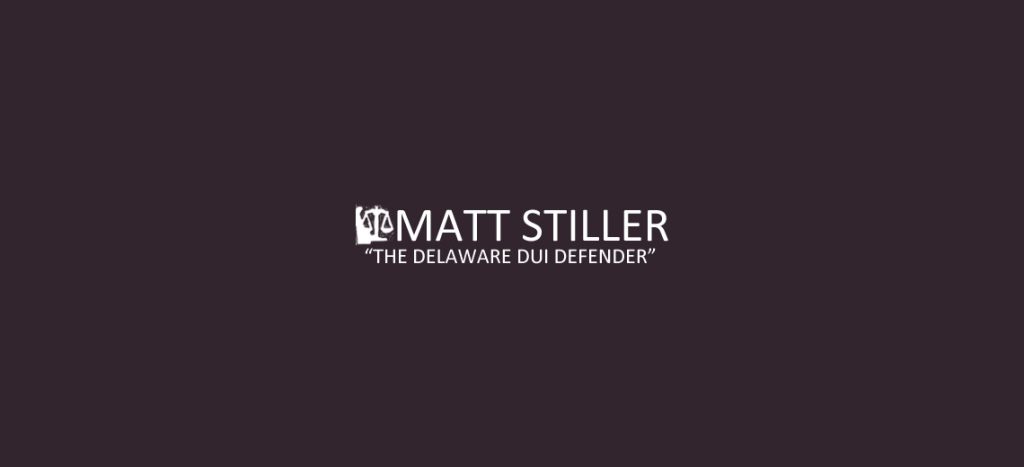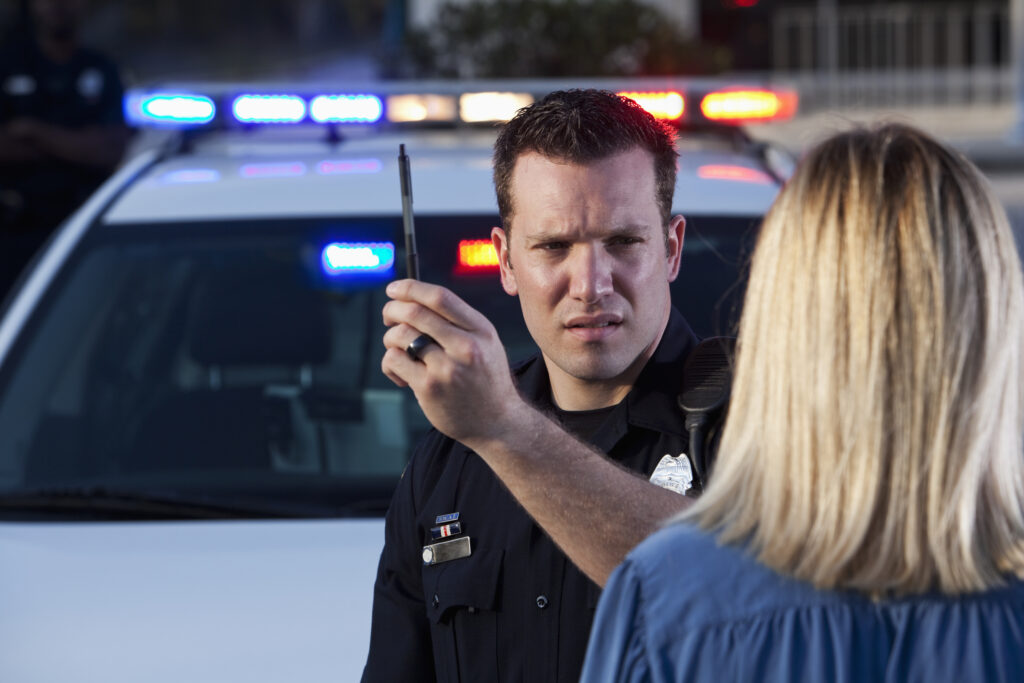Joining any licensed profession—in health care, law, engineering, or elsewhere—involves years of grinding work and high stress. Students and professionals alike often drink heavily or abuse drugs. But for a licensed professional—or a student who hopes to be one—getting a DUI can take a heavy toll. Not only will they have to face skeptical employers and restrictive workplace policies, they may not be able to obtain or keep their credentials.
Whether you can maintain your professional license will depend on three factors:
- Your profession
- The severity of your DUI charge
- The licensing law of the state or jurisdiction
An attorney can help you understand how to investigate the obligations and legal pathways involved in your profession.
What You Can Expect in Delaware
Delaware’s Division of Professional Regulations (DPR) governs most official licensure boards in the state. This encompasses dozens of professions and occupations, from medicine to home inspection.
For all DPR boards, state law provides that “conviction of a crime may be grounds for the denial of a license only if the underlying offense is 1 identified by the licensing board as being substantially related to the practice of the occupation or profession.” See 29 Del. Code § 8735(x)(2). Furthermore, unless the licensing board has specific authorization, they cannot reject a candidate for:
- A criminal charge, indictment, or arrest that is no longer pending and did not lead to a criminal conviction.
- A criminal conviction that has been pardoned, sealed, or expunged.
- A juvenile adjudication of delinquency.
- A criminal conviction where more than 10 years have passed … if there have been no other criminal convictions in the intervening time.
29 Del. Code § 8735(x)(4)(a)-(d).
Some of Delaware’s licensing boards have named DUIs or felony DUIs on lists of offenses that they consider “substantially related” to their occupation. The boards may, however, decide to waive their objection and admit a candidate. To do so, the board will consider:
a. The nature and seriousness of the offense.
b. The amount of time that has passed …
c. The age of the applicant at the time …
d. Evidence relevant to the circumstances of the offense …
e. The relationship between public safety, the offense, and the specific tasks and duties for which licensure is required.
f. Evidence of rehabilitation or treatment undertaken by the applicant since the conviction.
29 Del. Code. § 8735(x)(3)(a)-(f).
Currently, licensed professionals are often obligated to self-report for “substantially related” offenses. Failure to self-report is itself grounds for discipline, and it is likely to increase the severity of the eventual disciplinary ruling. Securing an attorney’s advice on the decision whether to self-report and for the disciplinary process is crucial.
Healthcare Professions
Several Delaware healthcare licensure boards consider DUI or felony DUI charges to be “substantially related” to their practices, including the Boards of:
- Medical Licensure and Discipline, which licenses physicians and associated practitioners, including physician assistants (PAs), and certifies paramedics
- Nursing, which licenses RNs, LPNs, and APRNs
- Dentistry and Dental Hygiene
- Mental Health and Chemical Dependency Professionals
Law
Each state bar governs the licensure and discipline of its practicing attorneys. Although policies differ, they are generally guided by the Model Rules of Professional Conduct. The Supreme Court of Delaware, rather than the DPR, oversees Delaware bar admission through the Board of Bar Examiners.
Character and fitness review is a significant part of the admissions process. Delaware’s guidelines name various potential issues for an applicant, including “commission of unlawful conduct” and “evidence of drug or alcohol misuse, abuse, or dependency” that could affect the practice of law. Nonetheless, the Board will also consider several mitigating factors, including the applicant’s age, acceptance of responsibility, rehabilitation process, and honesty regarding the situation.
The Office of Disciplinary Counsel oversees complaints involving current Delaware attorneys. A DUI may be considered a violation of the Rules of Professional Conduct, and the offender may be subject to discipline, which will depend on the circumstances. An offending attorney who is honest and proactively seeks treatment may be able to continue their practice uninterrupted. However, seeking an experienced attorney’s advice for the disciplinary process is still vital.
Education and Childcare
In Delaware, teachers in the public school or adult education system must hold certificates from the state Department of Education. An applicant must disclose any criminal history during the process. Although a DUI in itself is not automatic grounds for license denial or revocation, it may be a stumbling block in a career.
Licensed Delaware childcare providers or child-serving entities, such as youth camps, require employees working with children to undergo background checks for a number of criminal offenses. Anyone with a “criminal conviction against a person where physical harm or death has taken place”—which can include an accident involving DUI—will have to present a strong argument in order to qualify. See Delaware’s regulations.
Trades
Some tradesmen require licensure in Delaware, including:
- Electricians
- Home inspectors
- Elevator mechanics
- Plumbers
- Heating, ventilation, air conditioning and refrigeration (HVACR)
These trades do not exclude DUI offenders. However, a reported substance abuse issue may endanger a trade license unless the license holder undergoes treatment.
How to Prepare for the Future
For the best possible results, you should work with an experienced DUI attorney who understands your options. A DUI defense attorney can negotiate with the prosecutors and, in some cases, may be able to get charges dismissed entirely. The less severe your charges are, the fewer difficulties you will encounter in pursuing your chosen career.
If you have a Delaware DUI case, contact Attorney Matt Stiller’s Dover or Wilmington office today at 302-678-8700 to set up a free case review.





 CALL US NOW
CALL US NOW
